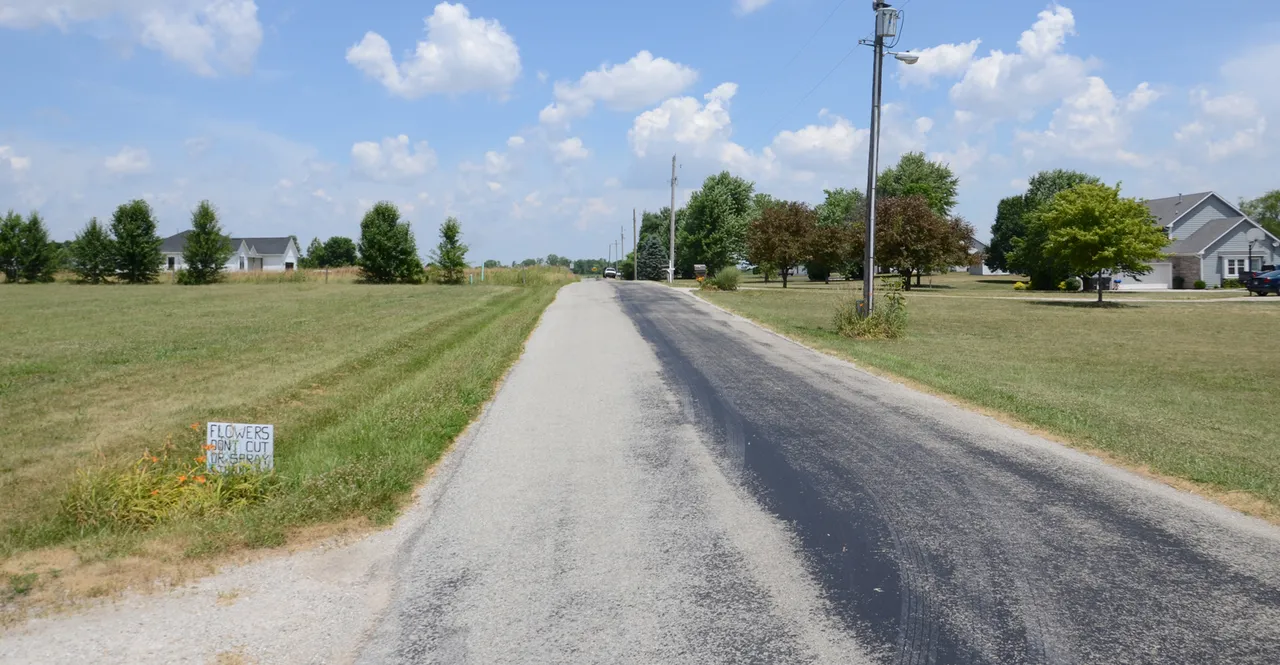The Tamil Nadu government has approved ₹8,000 crore to upgrade 20,000 km of roads under the Mudalvarin Grama Saalaigal Membattu Thittam (MGSMT) in a major step toward enhancing rural connectivity. The scheme aims to transform existing village road networks into all-weather corridors to support agriculture, healthcare, education, and rural livelihoods. With this, the state reinforces its commitment to inclusive infrastructure, targeting socio-economic upliftment across underserved and remote areas.
The road improvement initiative under MGSMT is set to be one of the largest rural connectivity programmes in Tamil Nadu, aimed at upgrading village roads into durable, all-weather pathways. Spread across all districts, the project will improve access to essential services for rural populations by modernising over 20,000 km of existing roads. According to senior officials, the plan includes widening, re-surfacing, and laying new drainage systems to ensure year-round usability. The programme will also integrate climate-resilient design standards to mitigate flooding and soil erosion in vulnerable zones. Rural transport experts note that the scheme could substantially reduce travel time and logistics costs, especially for farmers and micro-enterprises. Enhanced road connectivity is also expected to support women’s mobility and improve emergency healthcare access. With work expected to begin in phases, the ₹8,000 crore allocation positions MGSMT as a flagship model for sustainable rural road development.
Beyond physical connectivity, the road upgrade initiative is aligned with Tamil Nadu’s broader agenda of rural transformation and inclusive economic growth. The MGSMT scheme will be executed in collaboration with local bodies and supported by the Public Works and Rural Development Departments. Monitoring mechanisms will be embedded at every stage to ensure transparency, timely delivery, and compliance with environmental safeguards. Experts believe this level of decentralised execution is vital for addressing region-specific challenges such as terrain, soil type, and drainage issues. In districts with poor transport indices, the programme is expected to reduce economic isolation by linking rural hamlets to nearby towns and markets. Additionally, the use of green construction materials and recycled waste in road building is under consideration to reduce the carbon footprint. The plan is being seen as a strategic move to boost rural resilience, create construction jobs, and strengthen last-mile infrastructure ahead of future development projects.
Tamil Nadu’s ₹8,000 crore rural road development scheme is poised to redefine connectivity for thousands of remote villages. By upgrading 20,000 km of road networks, the state aims to bridge critical infrastructure gaps that hinder rural prosperity. The focus on climate-resilient design, decentralised planning, and economic inclusion ensures that the benefits of the scheme will be both immediate and long-lasting. As work begins under MGSMT, this effort stands as a vital investment in equitable development, one that empowers rural communities with better access to services, markets, and mobility — making Tamil Nadu a model for future-ready infrastructure planning.
Also Read: Chennai clears ₹3.5 to 25.7 lakh payouts for airport landowners
Chennai sanctions ₹8,000 crore to upgrade rural roads statewide


